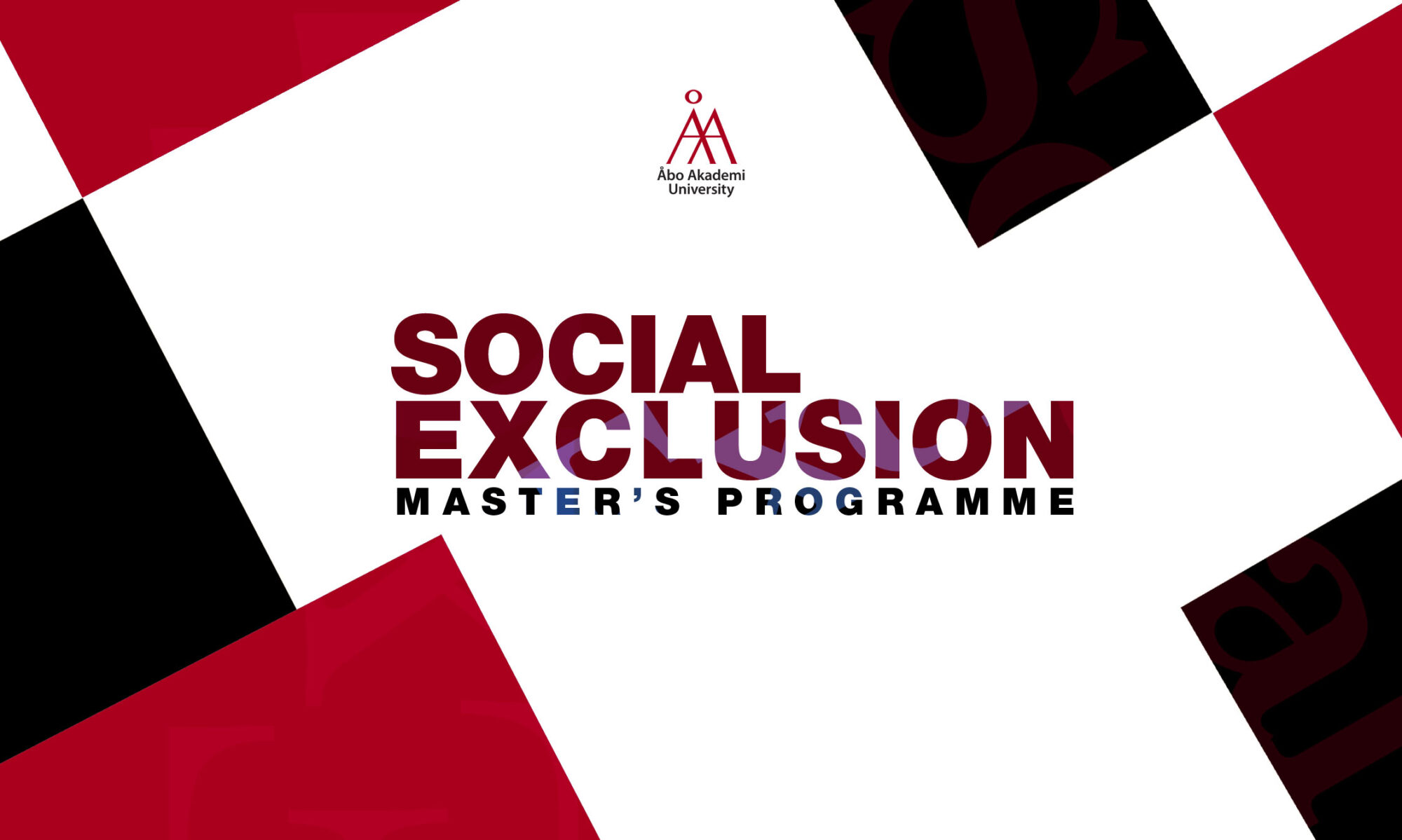Complaint!
Sara Ahmed
About this book
In Complaint! Sara Ahmed examines what we can learn about power from those who complain about abuses of power. The idea for Ahmed’s book Complaint! came about when a group of students at the University Ahmed was working at filed a complaint against sexual harassment. Ahmed was asked by the students to attend a meeting as a feminist academic and to listen to the students and to aid them with their complaints to the administration. However, the lack of action taken from the Universities side, lead to Ahmed’s resignation in 2016. In the introduction to the book Ahmed explains the situations as follows:
“WE WORKED TOGETHER TO CONFRONT THE INSTITUTION MORE DIRECTLY ABOUT ITS ROLE IN ENABLING AND REPRODUCING A CULTURE OF HARASSMENT. THE HARDER IT IS TO GET THROUGH, THE MORE YOU HAVE TO DO. THE MORE WE TRIED TO CONFRONT THE PROBLEM OF SEXUAL HARASSMENT AS AN INSTITUTIONAL PROBLEM, THE MORE WE REFUSED TO ACCEPT WEAK STATEMENTS ABOUT WHAT THE UNIVERSITY WAS COMMITTED TO DOING, THE MORE WE QUESTIONED HOW THEY WERE CHANGING POLICIES WITHOUT COMMUNICATING WITH ANYONE WHY WE NEEDED TO CHANGE POLICIES (CHAPTER 1), THE MORE RESISTANCE WE ENCOUNTERED.” (AHMED 2021: 7)
Therefore, drawing on these oral and written testimonies from academics and students who have made complaints about harassment, bullying, and unequal working conditions at universities, Ahmed explores the gap between what is supposed to happen when complaints are made and what actually happens. To make complaints within institutions is to learn how they work and for whom they work. Complaint as feminist pedagogy or to have a feminist ear as Ahmed also refers to listening to those who are not being heard and dismantling institutional barriers that stop hearing these voices.
Ahmed explores how complaints are made behind closed doors and how doors are often closed on those who complain since complaints are usually seen as negative, not heard, tiresome and a distraction from what is “important”. To open these doors—to get complaints through, keep them going, or keep them alive—Ahmed emphasizes, requires forming new kinds of collectives. In other words, Ahmed sets out to give complaints a hearing, to give them room, to listen to them and to show their importance, power and life-changing ability through the extensive work of her book.
This book offers a systematic analysis of the methods used to stop complaints and a powerful and poetic meditation on what complaints can be used to do. Following a long lineage of Black feminist and feminist of color critiques of the university, Ahmed delivers a timely consideration of how institutional change becomes possible and why it is necessary.
Sara Ahmed is a feminist and independent scholar, whose work include intersectional feminism, queer, and race studies. Her research additionally includes how bodies and worlds take shape; and how power is secured and challenged in everyday life worlds as well as institutional cultures.
The book is available on Jstor, which is possible to access with your university credentials. For ÅAU students go via Alma to get access. Ahmed will also be discussing her book on Facebook Live on March 10th. Check also the Q&A with Ahmed in regard to the book. If Ahmed’s writing and thoughts interest you more, following her blog is encouraged. Below you can also find some of her many previous publications.
Ahmed, Sara (2019) What’s the Use Duke University Press: London
Ahmed, Sara (2017) Living a Feminist Life Duke University Press: London
Ahmed, Sara (2014) Willful Subjects Duke University Press: London
Ahmed, Sara (2010) The Promise of Happiness Duke University Press: London
Ahmed Sara (2007) “A phenomenology of whiteness” in Feminist Theory Vol 8 No. 2 pp 149-168
Ahmed, Sara (2005) “The Politics of Bad Feeling” Australian Critical Race and Whiteness Studies Association Journal Vol. 1 pp 73-85
Ahmed, Sara (2006) Queer Phenomenology: Orientations, Objects, Others Duke University Press: London
I FELT IN MY BONES AHMED’S DISCUSSION OF THE WAY YOUNG, FEMALE, ACADEMICS OF COLOUR FIND THEMSELVES LOCKED IN A GAME OF CHICKEN AGAINST THEIR OFTEN WHITE, MALE PEERS, PICKING UP THE ADMINISTRATIVE OR TEACHING SLACK BECAUSE THEY CARE MORE, CAUSING THEM TO FALL BEHIND ON MORE HIGHLY-VALUED METRICS LIKE PUBLICATIONS. AHMED DISCUSSES THE PUNITIVE GRADING CRITERIA APPLIED TO WORK THAT DISCUSSES TOPICS LIKE RACE OR GENDER AND HOW GATEKEEPERS OBSTRUCT THE CAREER PROGRESSION OF SCHOLARS FROM NON-TRADITIONAL BACKGROUNDS.
…..
AHMED IS THEREFORE CORRECT THAT STUDYING COMPLAINT SUPPLIES INSIGHT INTO HOW THE UNIVERSITY WORKS AS A MODERN INSTITUTION. IT ALLOWS US TO PEER INTO ITS MECHANICAL GUTS.
…
I THINK OF THE TIMES I HAVE COMPLAINED; I THINK OF THE COMPLAINERS, MOANERS AND WHINERS I KNOW. AND I KNOW THAT WHAT WE HAVE IN COMMON IS THAT, IN THOSE MOMENTS, WE HAVE CAUSED SOMETHING TO HALT. WE HAVE INTERRUPTED THE FUN, FECUND, SEXY FLOW OF THE MOMENT. AHMED NOTES THAT COMPLAINERS ARE OFTEN DEEMED NAGS AND HAGS: THE TWO KEY CATEGORIES OF UNFUCKABLE PERSON. SHE SHOWS THAT SOME INDIVIDUALS BY THEIR VERY EXISTENCE ARE REGISTERED AS COMPLAINTS: TO EXIST AS A DISABLED PERSON IN AN INACCESSIBLE SPACE, FOR EXAMPLE, OR AS AN UNSMILING WOMAN, IS TO EMERGE AS A COMPLAINER, WITHOUT DOING ANYTHING IN PARTICULAR.
Review of Complaint! by Eda Gunaydin, who is a Turkish-Australian writer and researcher. She is the current Dinny O’Hearn Fellow with the University of Melbourne’s Australian Centre.


